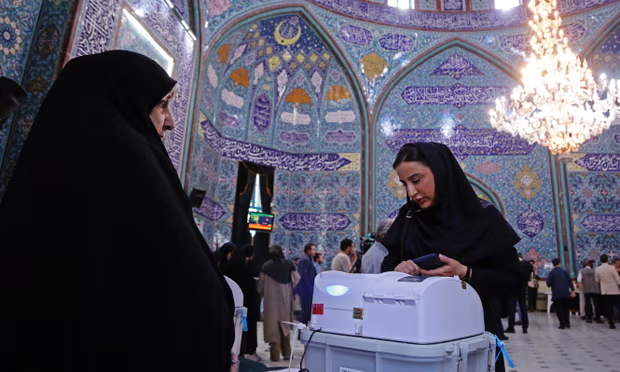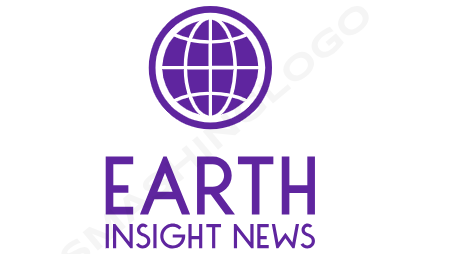With the sudden and tragic death of President Ebrahim Raisi, Iran’s political landscape has been thrust into uncertainty, forcing the regime to confront the imminent need for a presidential election. This unexpected development poses a critical decision for Tehran: whether to permit a semi-democratic, contested election or to secure the position for a regime-preferred hardliner by limiting serious opposition.
The Regime’s Likely Path
Historical precedents suggest the Iranian regime will likely opt for the latter, prioritizing stability and continuity over democratic engagement. This approach, while ensuring a secure transition, risks further alienating an already disillusioned electorate. Given the intense external and internal pressures Iran faces, including the looming succession of the 85-year-old Supreme Leader Ayatollah Ali Khamenei, the regime is unlikely to leave much to chance.
Guardian Council’s Role in Filtering Candidates
Iran’s political system is characterized by the stringent vetting of candidates by the Guardian Council, an elite body tasked with ensuring candidates’ qualifications align with the regime’s standards. This process often disqualifies potential political leaders who do not align with the Council’s vision, reducing the pool of candidates to those who are unlikely to challenge the status quo.
Recent Controversies Highlighting Election Tensions
Recent events have underscored the contentious nature of this vetting process. Former President Hassan Rouhani, who served from 2013 to 2021, was recently barred from running for the Assembly of Experts. Rouhani’s exclusion, based on accusations of insulting the judiciary and lacking political vision, sparked a public feud between him and the Guardian Council. In a scathing open letter, Rouhani criticized the Council’s actions, arguing that such disqualifications undermine the president’s authority and the democratic process.

Rouhani’s Defense of His Presidency
Rouhani defended his presidency and his role in negotiating the 2015 nuclear deal with the United States, which was later undermined by former President Donald Trump’s withdrawal from the agreement in 2018. He argued that his administration demonstrated both negotiation prowess and resilience against external pressures, highlighting the endorsement of the nuclear deal by the Supreme Leader.
Rouhani’s criticisms extended to the judiciary, asserting that freedom of speech and the right to criticize government institutions are fundamental rights. He warned that the Guardian Council’s actions would diminish voter participation and further erode trust in the political process.
Implications for Future Elections
Rouhani’s critique resonates with many Iranians who are frustrated with the lack of genuine political choice. His warnings suggest that unless the Guardian Council allows a more open and democratic election process, future presidents will be similarly constrained, subject to the Council’s approval rather than the will of the people.
